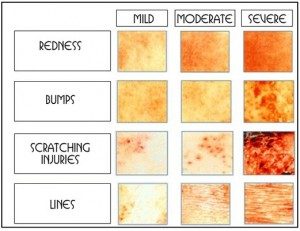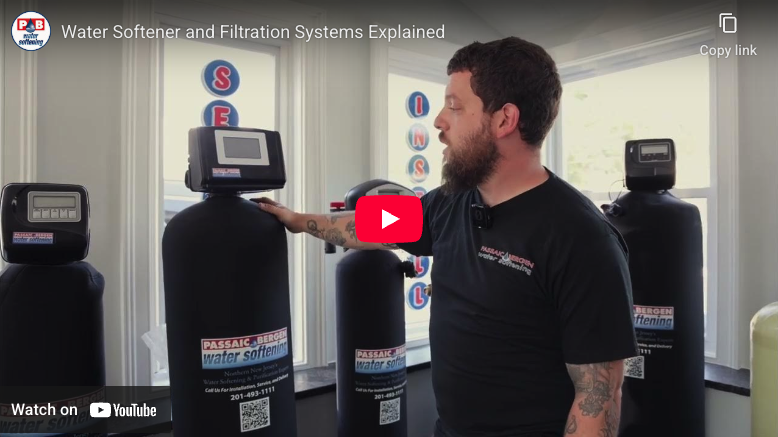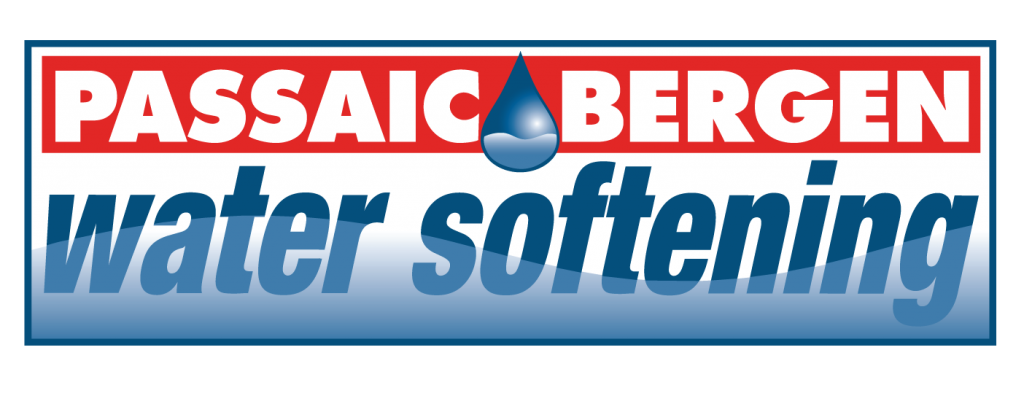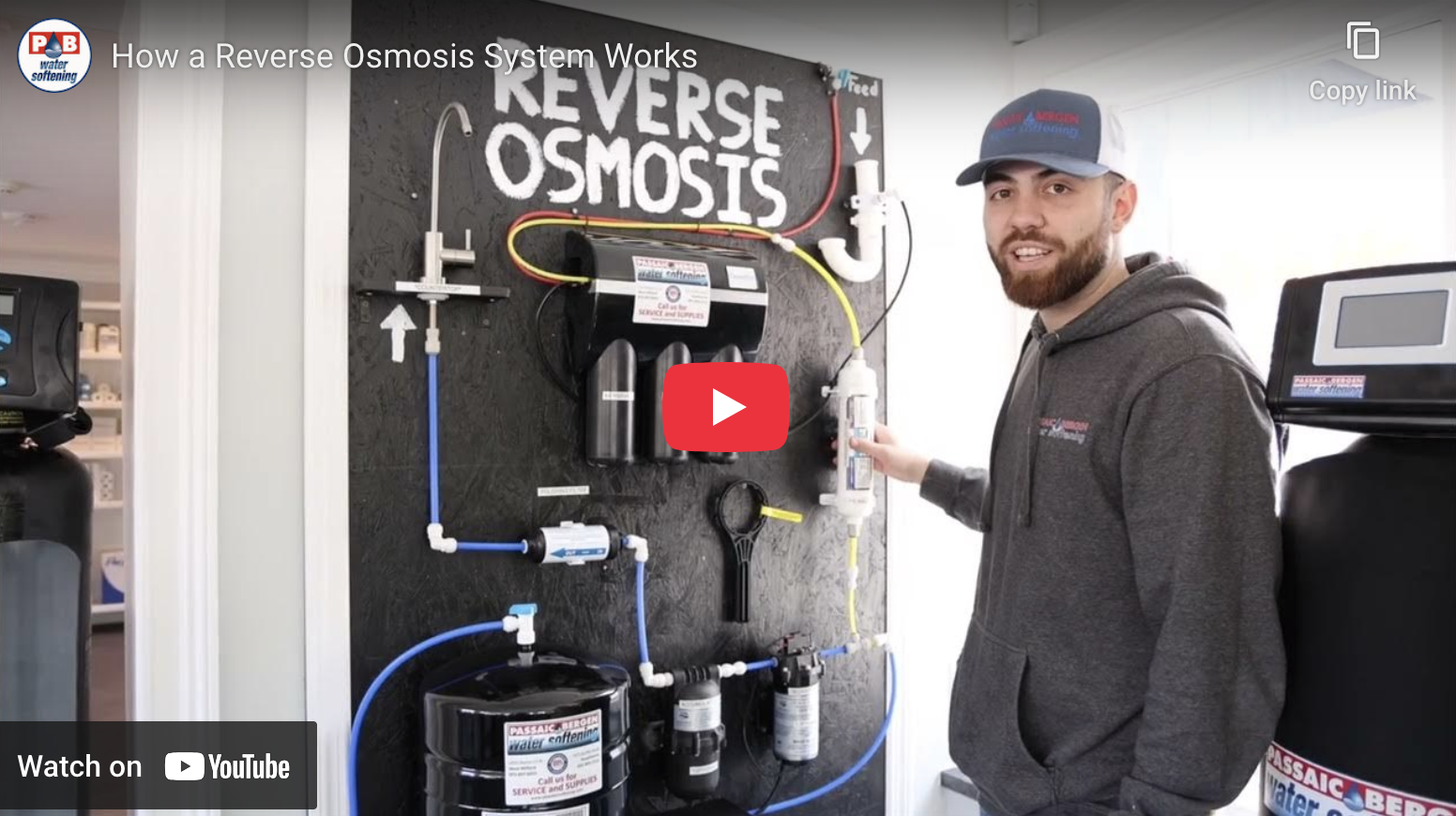 First let’s start with some facts. Eczema (Atopic Dermatitis) by name. Sounds awful, right? Well, if you are, in fact, an eczema sufferer it is…awful. Eczema is a chronic skin condition most likely introduced into your system when you were a baby or young child. It presents itself as an itchy rash-type breakout over your body sometimes accompanied by blistering and red patches. Eczema is triggered by environmental irritants such as soaps, detergents, and heat. Eczema affects 20% of children aged up to 11 years old and 8% of teenagers and adults.
First let’s start with some facts. Eczema (Atopic Dermatitis) by name. Sounds awful, right? Well, if you are, in fact, an eczema sufferer it is…awful. Eczema is a chronic skin condition most likely introduced into your system when you were a baby or young child. It presents itself as an itchy rash-type breakout over your body sometimes accompanied by blistering and red patches. Eczema is triggered by environmental irritants such as soaps, detergents, and heat. Eczema affects 20% of children aged up to 11 years old and 8% of teenagers and adults.
Eczema is described, by those who suffer, as a debilitating disease because it is painful, uncomfortable, and noticeable which causes some social anxiety issues. Because of the itchiness and discomfort, the skin is easily damaged by scratching the scales and small blisters causing bleeding and in some cases infection.
The exact causes of eczema are unknown. It may have been inherited from family member who has eczema or who has hay fever (allergic rhinitis) or asthma. Many doctors think eczema causes are linked to allergic disease, such as hay fever or asthma. Doctors call this the atopic triad. Many children with eczema (up to 80%) will develop hay fever/or asthma.
Treating Eczema
T reatments include, in most cases, topical ointments and emollients that sooth the skin and help to keep the dry patches moist. In most cases a cortisone based ointment helps to eliminate the need to scratch and itch the patches; however, if scratched and left unattended, eczema can and will cause infection and require antibiotic creams and in some severe cases oral antibiotics.
reatments include, in most cases, topical ointments and emollients that sooth the skin and help to keep the dry patches moist. In most cases a cortisone based ointment helps to eliminate the need to scratch and itch the patches; however, if scratched and left unattended, eczema can and will cause infection and require antibiotic creams and in some severe cases oral antibiotics.
What About Water?
The average human body is 50-65% water and extremely resilient; however, even though our bodies have the capability of absorbing chemicals and dispelling them through our livers and kidneys, there are those who’s body’s cannot dispel toxins and those are thought to be associated with eczema. As an aside, a baby’s body contains almost 78% water. Ironically, eczema may, as described above, develop in your system when you are a child through various allergens or vice versa.
In thinking about water and your skin, we know that drinking sufficient amounts of water each day helps to keep your skin moist and supple. It’s said it helps with aging (aging and wrinkles are a direct result of a natural dryness or lack of moisture in the skin). Drinking water has also been associated with helping to clear out allergens that are present in our mouths and throats.
Our towns in northern New Jersey are treating our water to insure it’s clean and safe, but while doing so adding the disinfecting chemical chlorine and chloramine (these are abrasive toxins) to the water, those that cannot tolerate or flush the toxins through their systems are likely to have it present itself in an allergic skin reaction or eczema.
Ph and Your Skin
One of the first steps in helping to alleviate dry skin or a manageable eczema problem is to control the Ph level in your water. Here in Northern New Jersey — especially Bergen and Passaic Counties where the water is very hard. Normal, or acceptable, Ph levels range between 6.5 and 8.5 per state parameters; however, in hard-water communities the range is much higher hitting almost a 9. Check your town’s water report to find out where your water Ph levels are or call in a professional for a free water test.
 Treating your water at the source with a water softening system versus adding medicated products or powders to your insures that your water Ph levels are the same each day and managed. Removing the hard minerals and toxins will help with excessive dry skin and make those suffering from eczema or any skin ailments happier and more comfortable.
Treating your water at the source with a water softening system versus adding medicated products or powders to your insures that your water Ph levels are the same each day and managed. Removing the hard minerals and toxins will help with excessive dry skin and make those suffering from eczema or any skin ailments happier and more comfortable.






